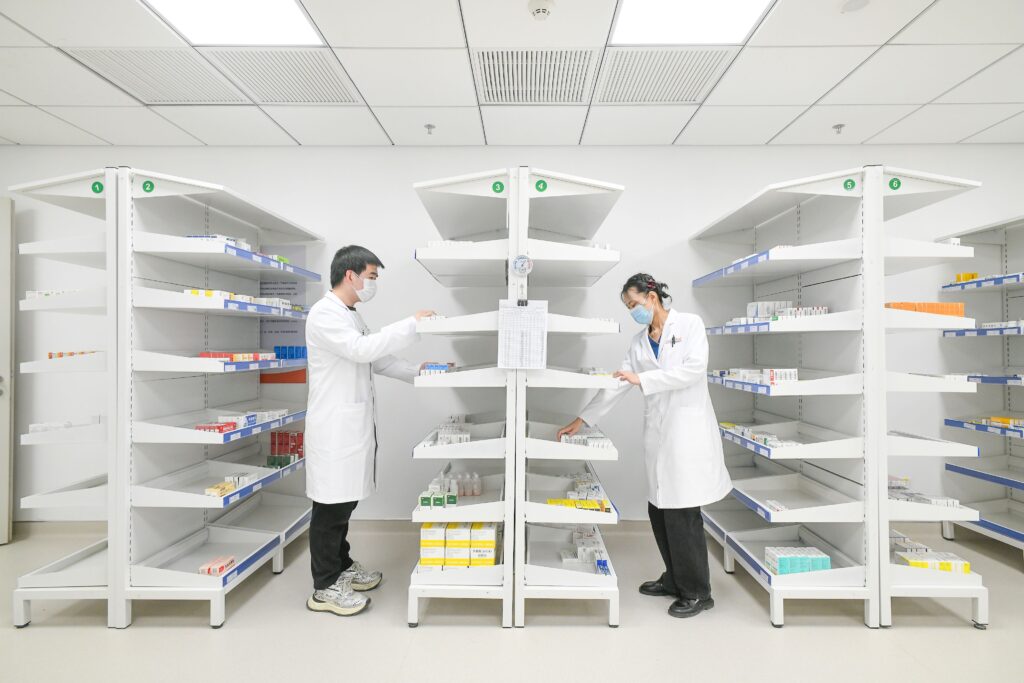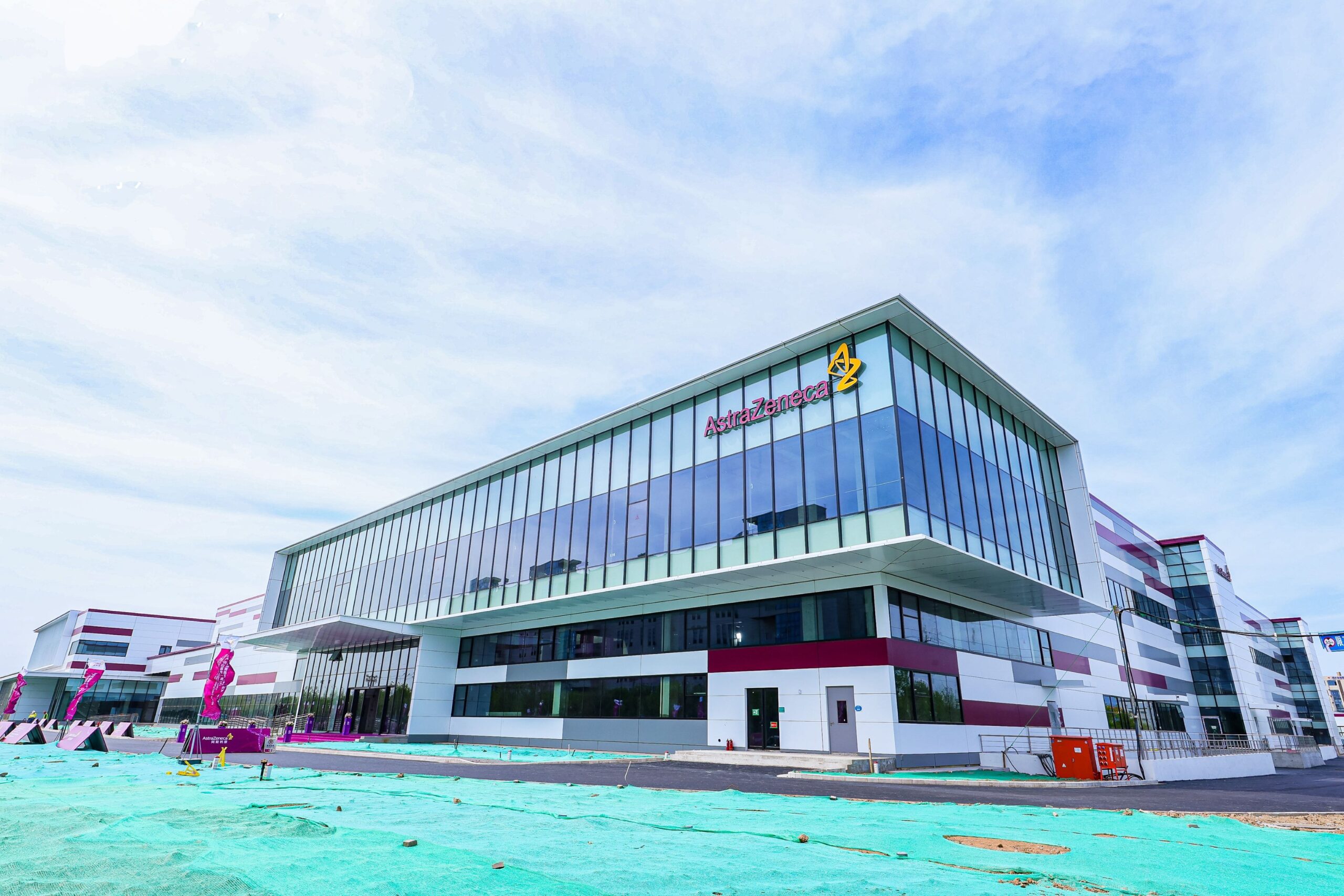China’s biotech industry is growing fast, with breakthroughs in innovative drugs, global partnerships, and billion-pound investments.
When he was younger, 63-year-old Lu Ping enjoyed seafood accompanied by beer. But gout changed his life. His swollen toe made walking painful, forcing him to wear size-52 shoes.
Eight years after his diagnosis, Lu joined a clinical trial for a new drug developed by Guangzhou Yipinhong Pharmaceutical Co., Ltd. Now he takes one pill a day, with doctors monitoring his progress and checking his uric acid levels every few months. “The pain was unbearable. Any hope, I wanted to try,” he said.
The company’s chairman, Li Hanxiong, noted that gout treatments remain limited. “If we can break through, we can fill a major gap in the market,” he explained. Over 1,500 patients are now enrolled in trials, supported by the top hospitals in Guangzhou.

A Growing Biotech Industry
Lu’s case mirrors a bigger trend. At the 17th China Bioindustry Convention in Wuhan, officials highlighted rapid progress. China now ranks second in the world in terms of biopharmaceutical market size, with nearly 30% of all drugs in development globally. In areas such as CAR-T therapies and brain–computer interfaces, Chinese firms are running side by side with global leaders.
Regulators are also moving faster. Since 2021, China has approved more than 200 innovative drugs and over 260 new medical devices. This year alone, 50 new drugs received the green light. Authorities are encouraging firms to run global trials in parallel, shortening the time it takes for treatments to reach patients.

Global Partnerships and Investment
Foreign companies are also betting on China. In March, AstraZeneca announced a $2.5 billion (£1.92 billion) plan to establish its sixth global R&D hub in Beijing, focusing on frontier biology and AI. In May, Roche broke ground on a new biopharmaceutical production site in Shanghai, valued at 2.04 billion yuan (£227 million), to localise treatments for eye diseases.
Chinese firms are going abroad too. In 2024, they signed more than 90 overseas licensing deals worth over $50 billion (£38.5 billion). This reflects China’s growing role as both a major market and a global innovator.
From Lu’s daily pill to multibillion-dollar investments, China’s biotech sector is speeding ahead. That means new hope for patients—and fresh opportunities for global healthcare innovation, including in the UK.
Written by Chen Wang, additional reporting by People’s Daily, CNS.
If you liked this article, why not read: China Pushes Ahead in Brain-Computer Interface Technology







XxjpsgC000110_20251218_PEPFN0A001.jpg)



